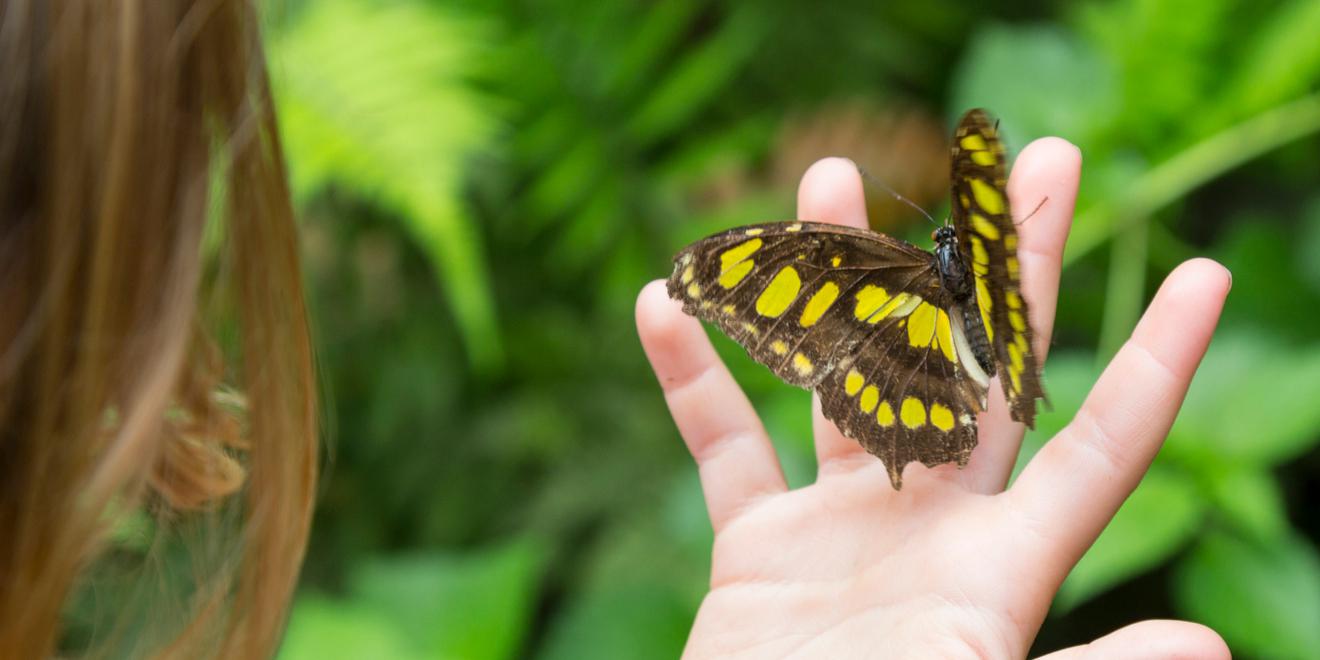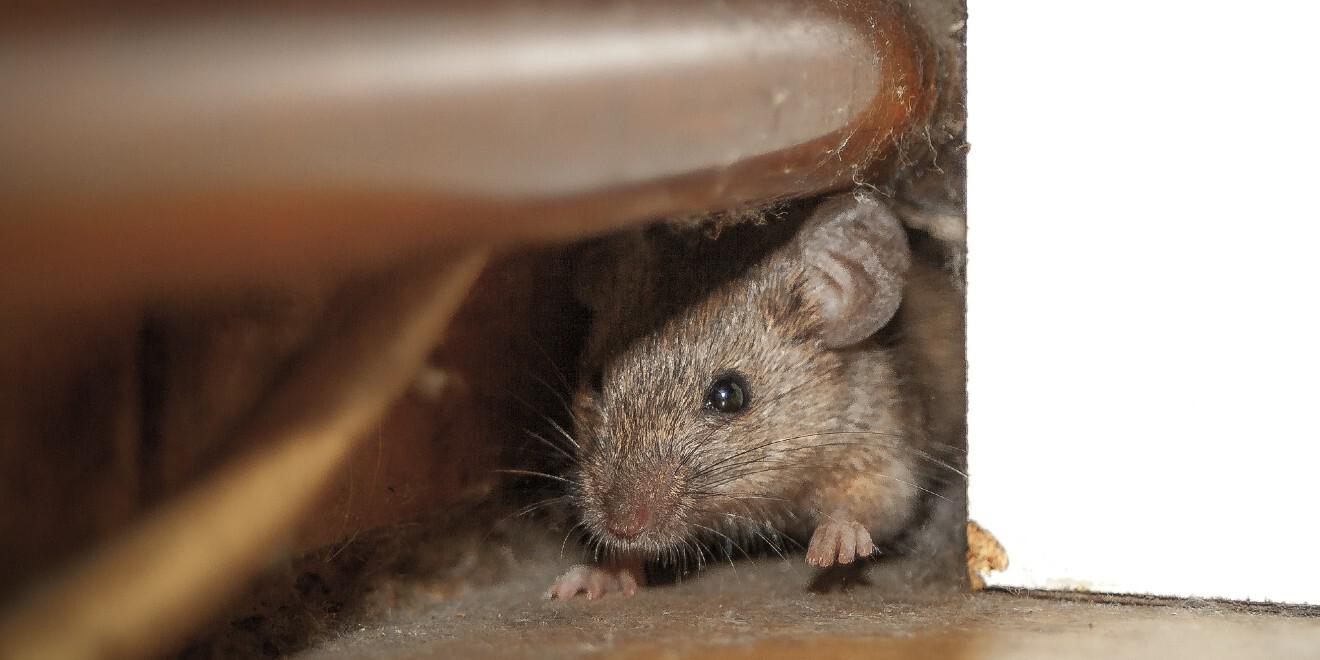What Do Mosquitoes Do in the Fall?
Posted by Mosquito Squad
September 6, 2016
The end of summer is a bittersweet time. It means saying goodbye to beach vacations and long weekend cookouts, but it also means the start of an exciting new school year for your kids and getting some relief from the sticky, hot weather.
Some people look forward to the end of summer because they’re eager to say goodbye to mosquitoes. However, that’s a bit of a misnomer. Even though the weather cools off a little, the mosquitoes don’t disappear. So what exactly do mosquitoes do during the fall?
They Thrive in Cooler Weather
Mosquitoes can be just as vigilant in the fall while you stand at the bus stop or go on walks to look at the foliage. Since they are cold-blooded, they do hibernate or die off, but only once temperatures are consistently below 50°F. So, in the early fall months, they feel right at home in the cool, but not cold, weather. The brisk temperatures also mean mosquitoes are more active during the day, instead of in the evening.
It’s Still Breeding Season
According to the Maryland Department of Agriculture, breeding season for mosquitoes in this region is during the summer and early fall, into October. Of course, summer is a heavier time for breeding, but there is still an ample amount of activity in the fall. Species that don’t rely on large amounts of rain are more prominent during September and October.
They Prepare for the Long Winter
Just like a bear does before hibernation, the mosquito spends the fall preparing for winter. The specific behaviors vary depending on the species’ life cycle, habitat, and tolerance to cold. Some mosquitoes can over-winter, while others die off completely. Before that happens, they lay the groundwork for the following spring.
Certain species lay winter-hardy eggs that can survive the cold and then hatch when the temperatures rise, and spring rains commence. The females of other species mate, fatten up and go into hibernation in protected places, such as in a log or under a house. This is called diapause; when the weather warms up in the spring, the female emerges and lays eggs.
Very Cold Temperatures Signal the End of the Biting
Some mosquitoes may be able to survive the winter, but they certainly won’t be out biting you once the temperatures drop significantly. The first frost is typically the time when you can say goodbye to those buzzing pests. Until then, we can help you enjoy the beautiful fall weather in your backyard without having to battle the biting bugs. Contact the DC Mosquito Squad today to learn about our safe and effective barrier sprays that will keep mosquitoes away for weeks.















